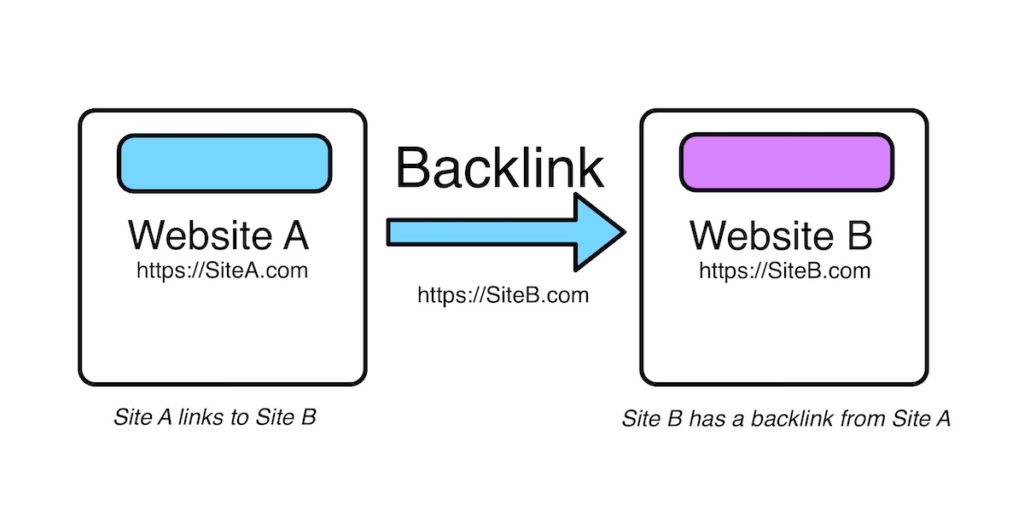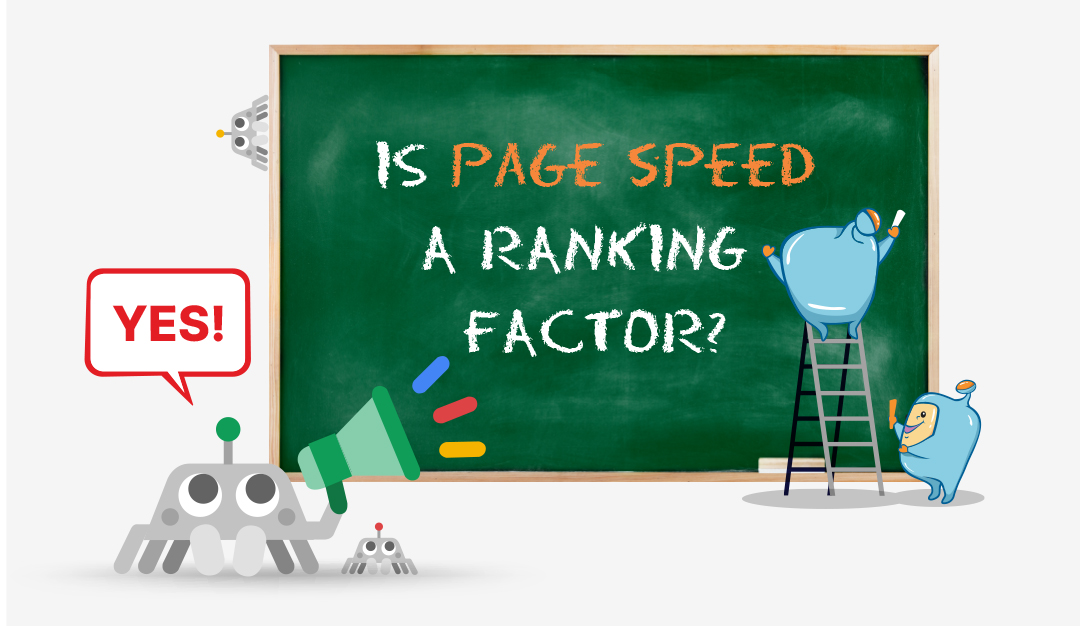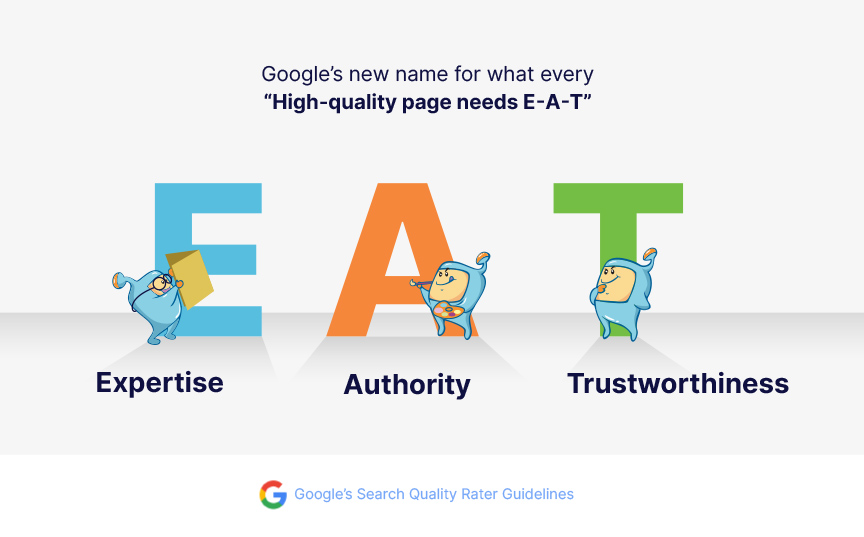Search engine ranking factors are the criteria and signals used by search engines to determine the position of a website in search engine results pages (SERPs).
These factors are constantly evolving as search engine algorithms become more sophisticated and aim to deliver the most relevant and valuable results to users.
Understanding these ranking factors is crucial for website owners, digital marketers, and SEO professionals to optimize their websites and improve their visibility in search engine rankings.
By directing your efforts toward understanding and optimizing these key factors, you can maximize your chances of improving your website's search engine rankings and driving organic traffic.
In this article, we will explore 13 key search engine ranking factors that have a significant impact on a website's performance in search results.

Search engine optimization (SEO) plays a vital role in determining the visibility and ranking of a website in search engine results.
With search engines constantly evolving their algorithms, it's essential for website owners and digital marketers to understand the key factors that influence search engine rankings.

Creating high-quality content is paramount for search engine rankings and user engagement. When it comes to content quality, several factors come into play: thoroughness, usefulness, and structure.
In order to provide comprehensive and valuable information to your audience, it's crucial to be thorough in your content creation process. Conduct thorough research on the topic you're covering and ensure that you address all relevant aspects and subtopics.
By offering in-depth information, you establish yourself as a reliable source of knowledge, which can enhance your website's authority and credibility.
Your content should serve a purpose and provide practical value to your readers. Understand the needs and interests of your target audience, and create content that addresses their pain points, answers their questions, or offers solutions to their problems.
When your content is genuinely useful, it is more likely to be shared and linked to by other websites, increasing your visibility and search engine rankings.
A well-structured piece of content is not only easier for readers to consume but also for search engines to understand. Organize your content into logical sections and use headings, subheadings, and bullet points to break down information.
This helps both readers and search engine crawlers navigate and comprehend your content more effectively.
Additionally, incorporating relevant keywords naturally within your structured content can further improve its visibility in search engine results.
By focusing on thoroughness, usefulness, and structure, you can ensure that your content meets the highest quality standards. Such content is more likely to attract and retain readers, gain backlinks, and improve your search engine rankings, ultimately driving organic traffic to your website.

Uniqueness is crucial for search engine rankings. Search engines favor original and fresh content. Avoid duplicating content from other sources or within your own website.
Instead, focus on producing original content that offers a unique perspective or adds value to existing topics.
For search engines to index and understand your website's content, it must be easily crawlable. Ensure that search engine bots can access all important pages on your site by optimizing your website's structure, utilizing sitemaps, and avoiding any crawl errors that might hinder indexing.

With the increasing use of mobile devices for internet browsing, having a mobile-friendly website is vital. Search engines prioritize mobile-optimized sites in their rankings to provide a better user experience for mobile users.
Make sure your website is responsive, loads quickly on mobile devices, and offers a seamless browsing experience across various screen sizes.

Backlinks, or links from other websites pointing to your site, remain an essential ranking factor. Search engines consider backlinks as endorsements of your site's credibility and authority.
However, it's crucial to focus on quality over quantity. Earn backlinks from reputable and relevant websites, as low-quality or spammy links can have a negative impact on your rankings.
Domain authority is a metric that indicates the overall strength and trustworthiness of your website. It is influenced by various factors, including the quality and quantity of backlinks, site age, and content relevance.
Increasing your domain authority can positively impact your search engine rankings, so strive to build a solid online reputation.

Anchor text refers to the clickable text within a hyperlink. It helps search engines understand the context and relevance of the linked page.
Utilize descriptive and relevant anchor text that accurately reflects the content of the linked page. Avoid excessive use of exact-match anchor text, as it can be seen as manipulative and may lead to penalties.

Page loading speed is a crucial user experience factor and an important ranking signal. Slow-loading websites tend to have higher bounce rates and lower user engagement.
Optimize your site's loading speed by compressing images, minifying code, leveraging browser caching, and using a reliable hosting provider.
Keywords are the foundation of SEO. Properly incorporating relevant keywords into your content, meta tags, headings, and URLs can help search engines understand the topic and relevance of your pages.
However, avoid keyword stuffing or over-optimization, as it can harm your rankings. Focus on natural and organic keyword usage that enhances the overall readability and value of your content.

Google RankBrain is an artificial intelligence (AI) system that plays a significant role in search engine rankings. It uses machine learning to understand and interpret user search queries, helping Google deliver more relevant and accurate search results.
While exact details of RankBrain's algorithm are not publicly disclosed, it emphasizes user experience metrics like click-through rates and dwell time.
To optimize for RankBrain, focus on creating user-centric content that satisfies search intent and encourages engagement.
Understanding user search intent is crucial for ranking well in search engine results. Search engines aim to deliver results that align with the specific intent behind a search query. Ensure that your content matches the search intent of your target audience.
Consider the different types of search intent, such as informational, navigational, transactional, or commercial investigation, and tailor your content accordingly to provide the most relevant information.
Search engines value fresh and up-to-date content. Regularly updating your website with new content or refreshing existing content signals search engines that your site is active and relevant.
Fresh content also provides an opportunity to target new keywords and attract more traffic.
Consider incorporating a content strategy that includes regular updates, blog posts, news sections, or other methods to keep your website content fresh and engaging.

E-A-T, which stands for Expertise, Authoritativeness, and Trustworthiness, is a crucial aspect of search engine rankings, particularly for websites that provide health, financial, or legal information.
To optimize for E-A-T, consider the following factors: identify authors, be transparent, and reputation matters.
Clearly identifying the authors of your content helps establish their expertise and credibility. Include author bios that highlight their qualifications, expertise, and relevant experience.
By showcasing the expertise of your content creators, you enhance the perceived value and trustworthiness of your content, thereby improving your E-A-T.
Transparency is key in building trust with your audience and search engines. Clearly disclose any affiliations, sponsorships, or conflicts of interest that may impact the objectivity of your content.
Transparency helps readers understand the motivations behind your content and enables them to make informed decisions based on trustworthy information.
Your website's overall reputation and authority play a crucial role in E-A-T. Focus on building a positive online reputation through consistently delivering high-quality, accurate, and reliable content.
Encourage user reviews, testimonials, and endorsements from reputable sources to strengthen your website's reputation. Engage with your audience, respond to feedback, and demonstrate your commitment to providing trustworthy information.
By emphasizing the identification of authors, maintaining transparency, and prioritizing reputation, you can enhance the E-A-T of your website.
This, in turn, improves your search engine rankings and instills confidence in your audience, leading to increased organic traffic and user engagement.
search engine rankings are influenced by a multitude of factors. Understanding and optimizing these factors can significantly improve your website's visibility, organic traffic, and overall online success.
Focus on creating high-quality, unique, and valuable content, optimizing your website's technical aspects, building authoritative backlinks, and providing an excellent user experience.
By implementing these strategies, you can enhance your search engine rankings and drive more organic traffic to your website.